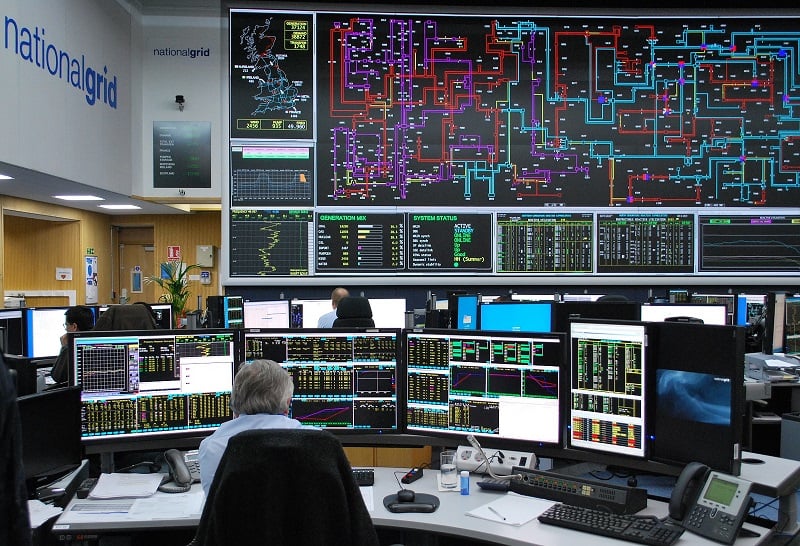Last week’s black out was unlikely to have been the result of either high renewable generation or a cyber attack, National Grid chief exec John Pettigrew has said.
In an open post published via social networking site LinkedIn, Pettigrew also said that that National Grid’s preliminary findings from an investigation into the stress event would be with industry regulator Ofgem by the end of the week.
Pettigrew’s post has sought to address various media reports surrounding last week’s blackout, which struck around 5pm and caused significant disruption to the UK.
He said the grid operator would need to “reflect seriously” on to what degree the issues causing the outages sat with National Grid, and to what extent those issues involved both the firm’s electricity transmission business (NGET) and its electricity system operator function (NG ESO).
Pettigrew was however quick to dismiss reports suggesting that a cyber attack was to blame, stressing that National Grid is “certain” it was the result of a “freak coincidence” and not an attack on grid infrastructure.
He was also doubtful that there is any link between the incident and the fact that renewables, especially wind, was generating a significant share of the country’s power that day, stating that National Grid does not “at this stage” believe there to be any link.
Pettigrew reserved special praise for industry professionals that have since been working to ensure the system is robust and to identify precisely what caused the incident.
“We can and must learn lessons from Friday evening, as National Grid, as an energy industry and as a society,” Pettigrew said.
“These are not new things for us to consider as a business, but this is a stark reminder of how critical energy can be to every day life. We continue to invest to make sure we supply cost effective, reliable and green power that meets the ever-changing needs of a society that is choosing to live, work and travel in different ways from before.
“These investments must sustain an energy system that is becoming more complex in the requirements of the society it serves. And they must do so without energy users needing to pick up the tab for over-engineered resilience.”





